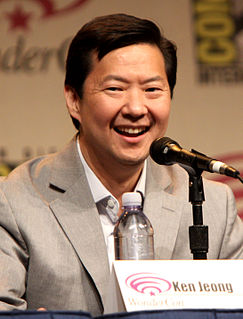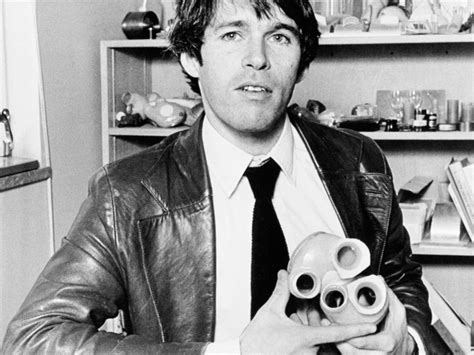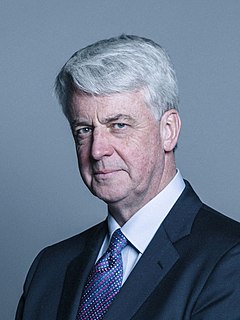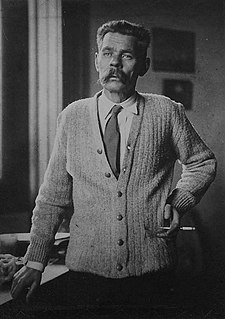A Quote by Ken Jeong
I was a very efficient doctor. I would get rewarded with a lot more patients. By the end of my medical career, I had maybe 2,000 patients in my practice.
Related Quotes
A study of over 10,000 patients shows clearly that chemo's supposedly strong track record with Hodgkin's disease (lymphoma) is actually a lie. Patients who underwent chemo were 14 times more likely to develop leukemia and 6 times more likely to develop cancers of the bones, joints, and soft tissues than those patients who did not undergo chemotherapy .
In medical school, students are immersed in the realm of medical ethics. It's where new doctors study, learn right and wrong, ask tough questions, and discuss things like end of life care, genetic testing, and patients' rights. In lots of ways, it's the most important part of being a compassionate and competent doctor.
The vast majority of people who speak to me say they have had brilliant care. When they are critical, their concern tends not to be directed at the medical side but the ancillary things that surround it, such as helping patients to eat meals, cleanliness, and making sure that when patients have a problem, they are listened to.
I am a spiritual person. I'm a Catholic. I treat my patients, the dead patients, as live patients. I believe there is life after death. And I talk to my patients. I talk to them, not loudly but quietly in my heart when I look at them. Before I do an autopsy, I must have a visual contact with the face.
Because of the war on drugs, pain patients are treated with skepticism and pain doctors live in fear of being prosecuted for overprescribing. The end result is that addicts still get their opioids without much trouble, while genuine patients often can't find treatment. Those who do must typically be tracked in a database and must schedule frequent, expensive doctor visits for surveillance like urine testing.




































